I have a list:
List<string> myList = new List<string>{ "dog", "cat", "dog", "bird" };
I want the output to be list of:
"dog (1)", "cat", "dog (2)", "bird"
I've already looked through this question but it is only talking about count the duplicates, my output should be with its duplicate index. like
duplicate (index)
I've tried this code:
var q = list.GroupBy(x => x)
.Where(y => y.Count()>1)
.Select(g => new {Value = g.Key + "(" + g.Index + ")"})
but it does not seem to work because:
- Need to return all of my list back \ Or just modify the existing one. (and my answer returning only the duplicate ones)
- For duplicate values need to add a prefix based on their "duplicate index".
How to do this in C#? Is there a way using Linq?

